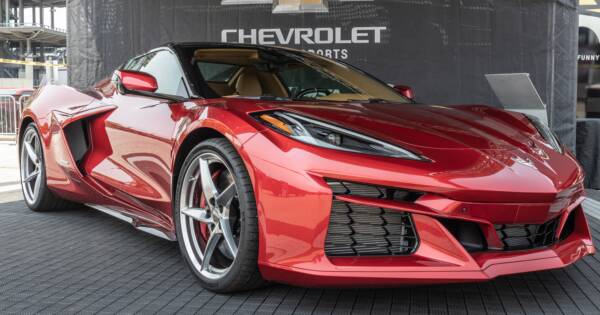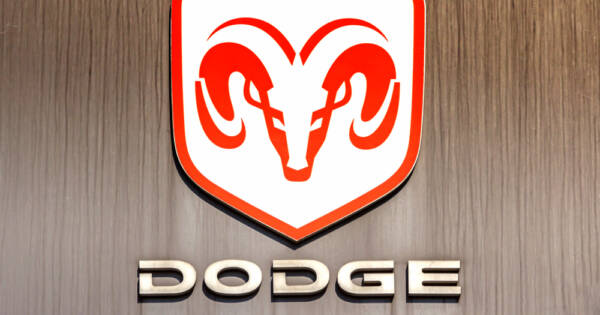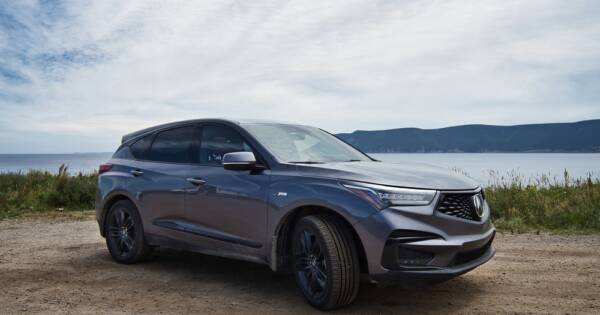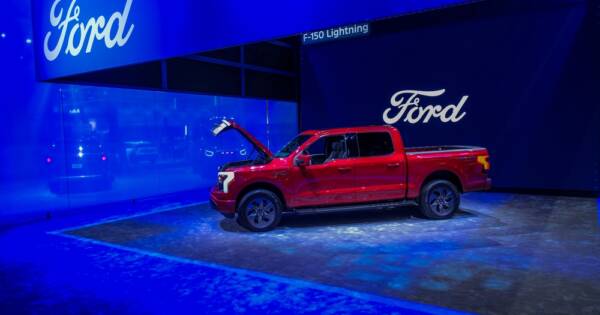If you don’t want to spend money on a brand-new ride, you should consider getting a pre-owned vehicle. The extra savings will give you greater financial freedom in the long run. However, used vehicles also come with a few drawbacks. Did the previous owner take good care of the car? Are the manufacturer warranties expired? Understanding the pros and cons of buying a used car can help you settle on a wise investment.
Pros Of Buying a Used Car
A Better Car For Your Money
Cars are considered to be depreciating assets. Unless you purchase a limited-production model or a collector’s item, you are unlikely to get a big return on your investment. As soon as you drive home in a brand-new vehicle, it immediately begins to lose value. Within a period of three years, a new vehicle that costs $25,000 could be worth only $13,000.
Used cars often give you more for your money. Instead of settling for a lightly equipped base model, you’ll be able to buy a top-of-line trim for less money. Low-mileage vehicles are especially rewarding. Nothing beats being able to get a relatively new ride for a bargain price.
Avoid Extra Dealership Fees & Higher Insurance
When buying a new vehicle, you must prepare to pay additional dealership fees. The biggest extra expense is often the destination fee. It’s essentially the cost of transporting the vehicle from the factory to the dealership’s lot. While the destination fee will vary, it can be as much as $1,500.
The taxes on a new car are higher as well. Of course, you certainly can’t overlook the lower insurance rates of a used vehicle. Furthermore, new car buyers who opt to finance their purchase through a lender will be required to get comprehensive coverage. Some drivers may not be able to afford the higher insurance premium.
Ability to Make Customizations
A lot of drivers like to customize their vehicle. While some people want their car to stand out from the crowd, others seek to enhance performance. If you decide to get a brand-new car from the dealership, you aren’t really allowed to make any major modifications to it — doing so could void the car’s factory warranty.
Opting for a used vehicle gives you far more freedom. Whether you want to paint the vehicle a different color or lower the suspension, you’ll be able to customize a used vehicle however you want.
Availability of Popular Models That Were Discontinued
Like so many other car enthusiasts, you may love a certain automobile from the past. For example, a person may have always wanted to own a Pontiac Firebird — because this popular muscle car is no longer being produced, they’ll have to look for it on the used car market.
Some people may also prefer the design of an older model more than the newest version. Perhaps the latest generation of your preferred model has some major build issues. Might as well look for a gently used version that’s only a few years old.
Not Paying The Middleman
If you shop for your used car via a private sale (as opposed to a used car lot), you can save a bit more money. The used car dealer has plenty of overheard to pay for, so they want to maximize their profit margins on every vehicle sold. On the other hand, some dude on Craigslist selling his Mustang because his expanding family now needs a minivan doesn’t have those same concerns. Sure, he wants a fair price — but he’s probably more willing to negotiate.
Buying directly from a private seller comes with some additional concerns, though. For starters, there’s absolutely zero warranty offered. Private sales of used cars are almost always considered “AS IS” deals. That’s why you should always have any potential used car purchase thoroughly inspected by a qualified mechanics.
Cons of Buying a Used Car
Newest Features Might Not be Available
To stay in line with the competition, automakers must stay focused on developing new and improved features. Many of today’s drivers demand the most up-to-date car technologies available. Drivers who decide to buy a used vehicle may not be able to obtain certain features.
While new safety features such as blind-spot monitoring help prevent collisions, infotainment features like Apple CarPlay and Android Auto make it easier for drivers to access mobile apps. Some of the latest technologies are available on the aftermarket, however, they are often expensive and difficult to install.
Fear of the Unknown
Unfortunately, you can’t judge a used car solely on its appearance. There’s always a certain risk factor involved with buying a used car. No one wants to get stuck with a lemon. Although a vehicle history report can provide a lot of critical information, it’s impossible to know everything about the vehicle.
While some motorists drive their vehicle with care, there are others who push it to the limit on an everyday basis. Therefore, it’s so important to get the vehicle inspected by an experienced mechanic. The cost to repair a problematic used car could be thousands of dollars.
Lack of a Lengthy Warranty
Along with the purchase of a new car comes a warranty. During the warranty period, you’ll be able to ride with an extra peace of mind. Some factory warranties are especially long. For instance, Hyundai vehicles are now protected by a 10-year/100,000-mile powertrain warranty.
Although certified pre-owned vehicles are backed by a warranty, most used cars only provide minimal warranty coverage. Some used car dealers will give you a 30-day warranty. Even worse, the overwhelming majority of private sellers force you to buy the vehicle as is with no warranty.
Higher Interest Rates
Although used cars have a lower price tag, you could be subjected to higher interest rates. This is especially true for the buyers who obtain an auto loan from a private bank. Lenders view used vehicles as bigger risks. In an effort to limit financial loss, banks will increase the interest rates.
Hopefully, these tips will help you decide between a brand-new ride and a used car. Like a new car, a pre-owned automobile can be very rewarding. To find out which option is best for you, do your own homework.
Shorter Lifespan
No matter how well you treat your vehicle, it’s lifespan will eventually come to an end. If you opt to buy a used car instead of a brand new one, that lifespan will inevitably be shorter. After all, your used car might already be three or four years old, with 25,000-to-50,000 miles on it. Those are driving miles you won’t get back.
If you’re trying to stretch every extra day out of your vehicle before you have to find the cash for a replacement, a used car simply won’t last as long as a new one. On the other hand, if you tend to trade in your vehicle for something different every few years, buying used may not impact your plans as much.
The Bottom Line
There are plenty of great reasons to buy a used car. You won’t pay the higher markup of a brand new model. You can modify the car however you want and likely pay a bit less for your auto insurance premiums.
There’s also some downsides to consider too. For starters, you won’t have any sort of warranty or guarantee for your used car. You also might not get an honest account of how the car was driven and cared for by previous owners. Regardless, the financial savings that come with buying a used vehicle remain the biggest factor for many buyers.




